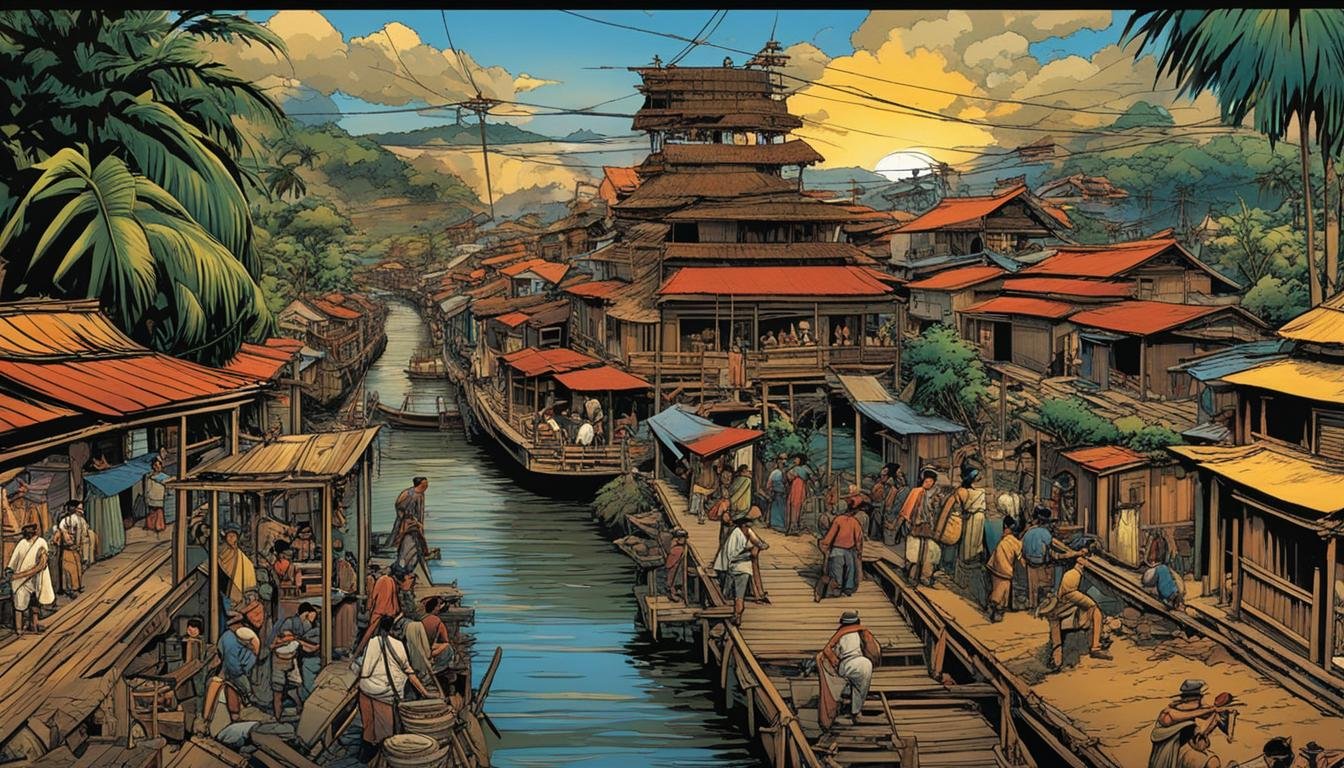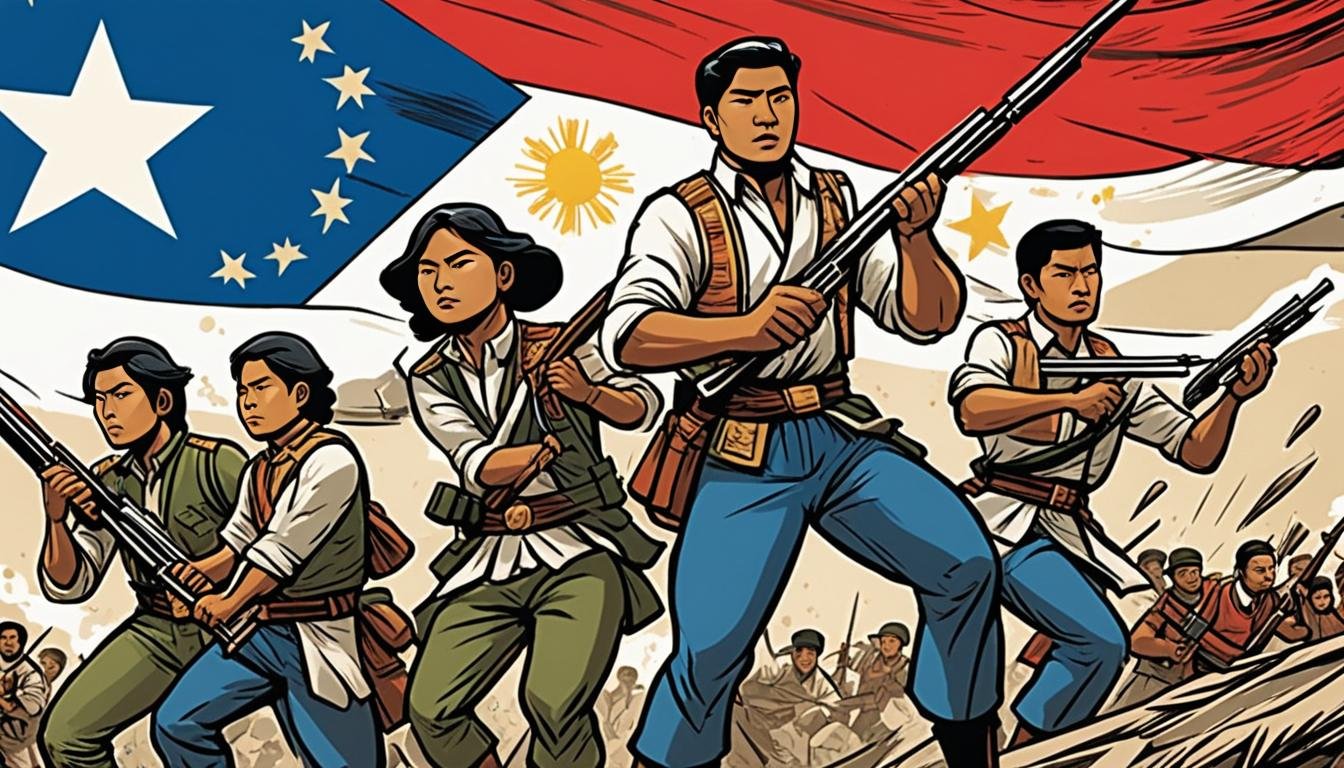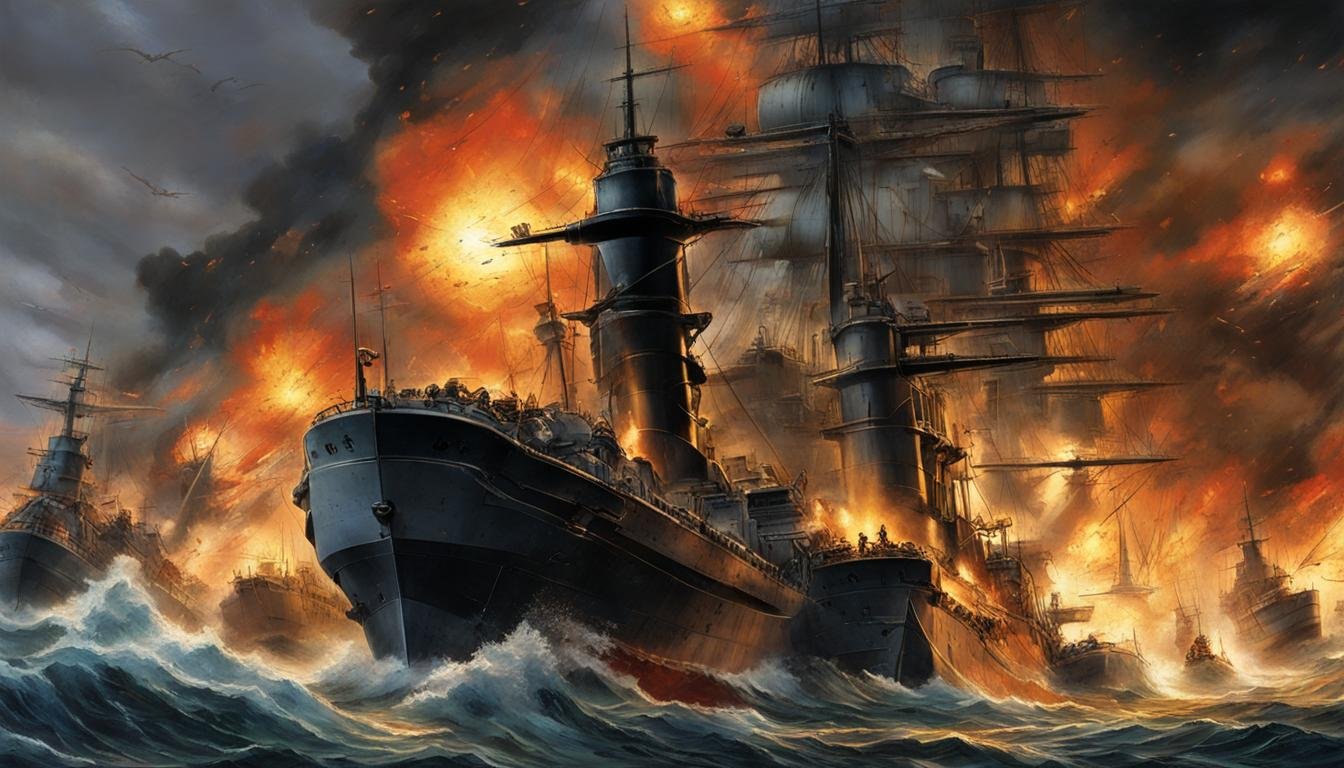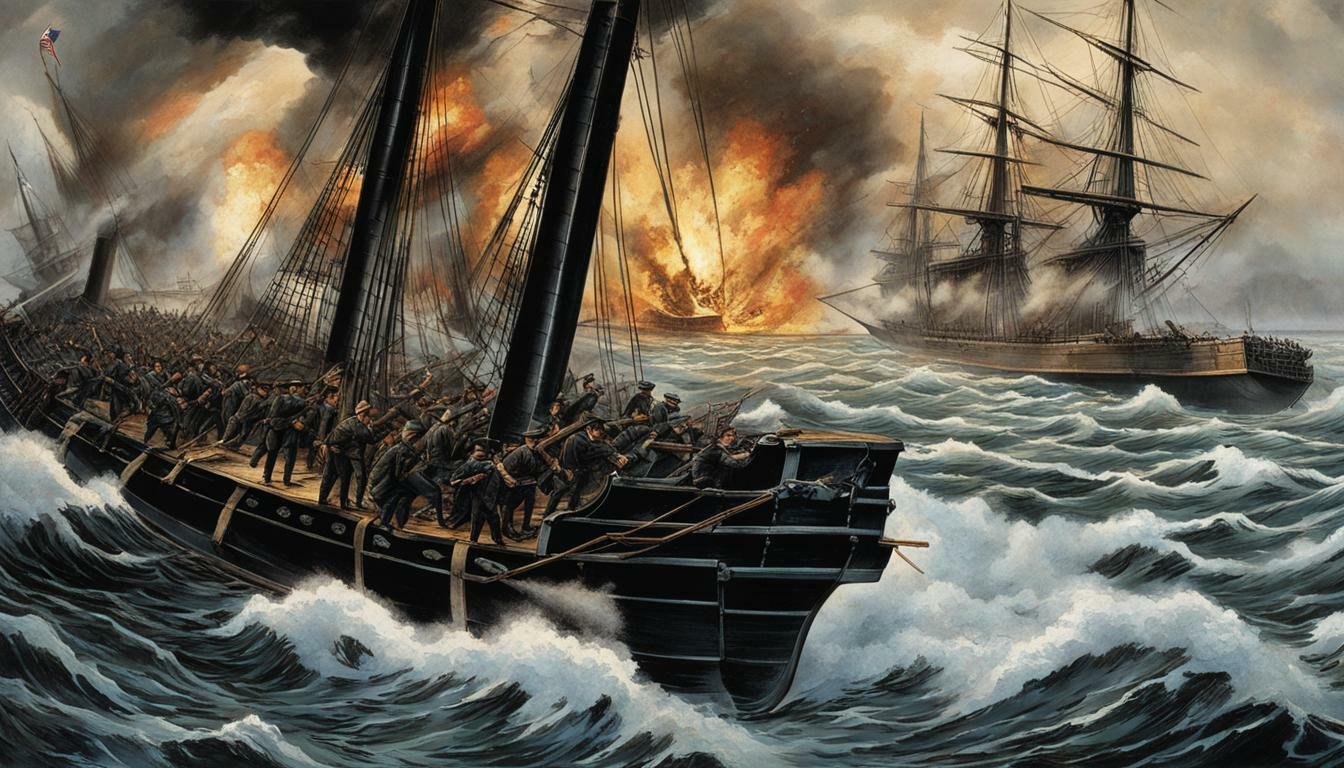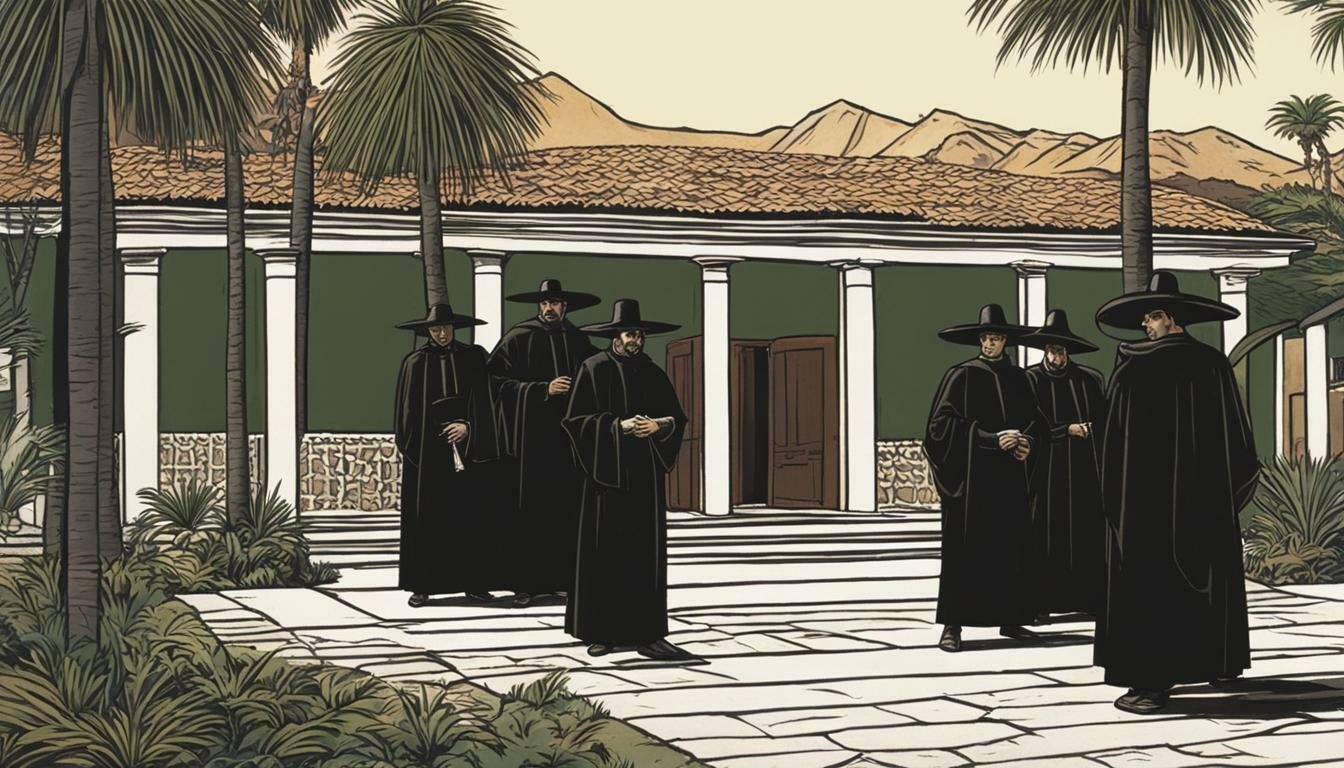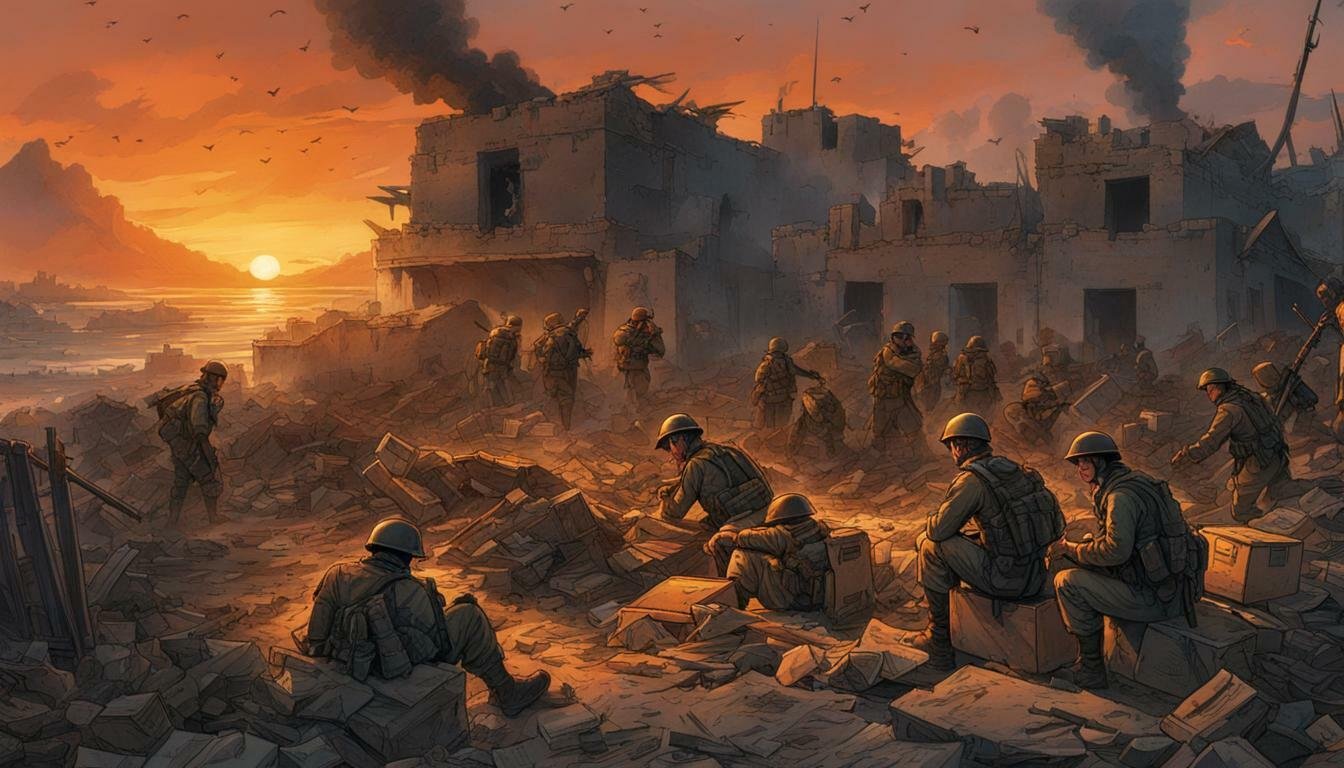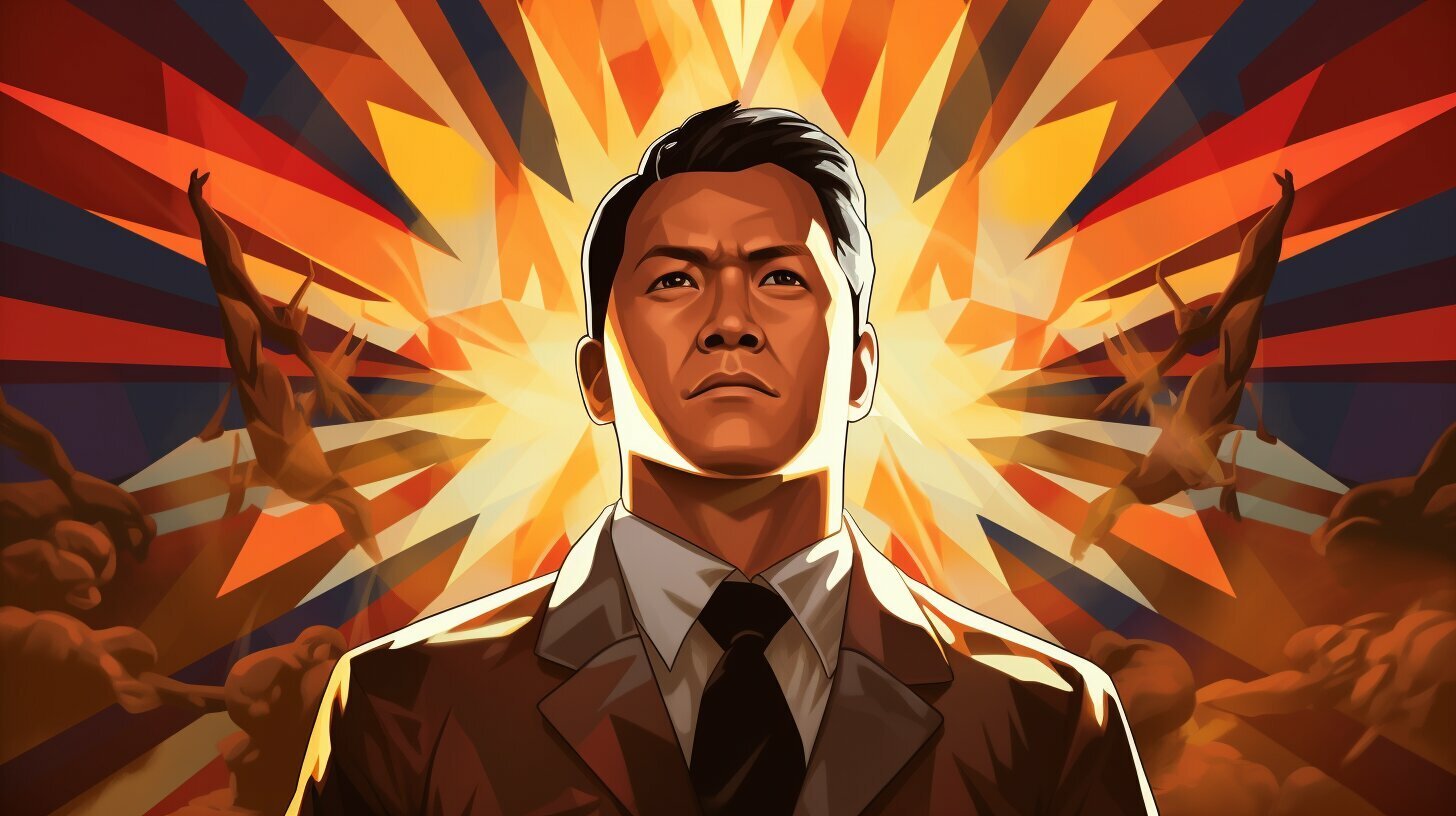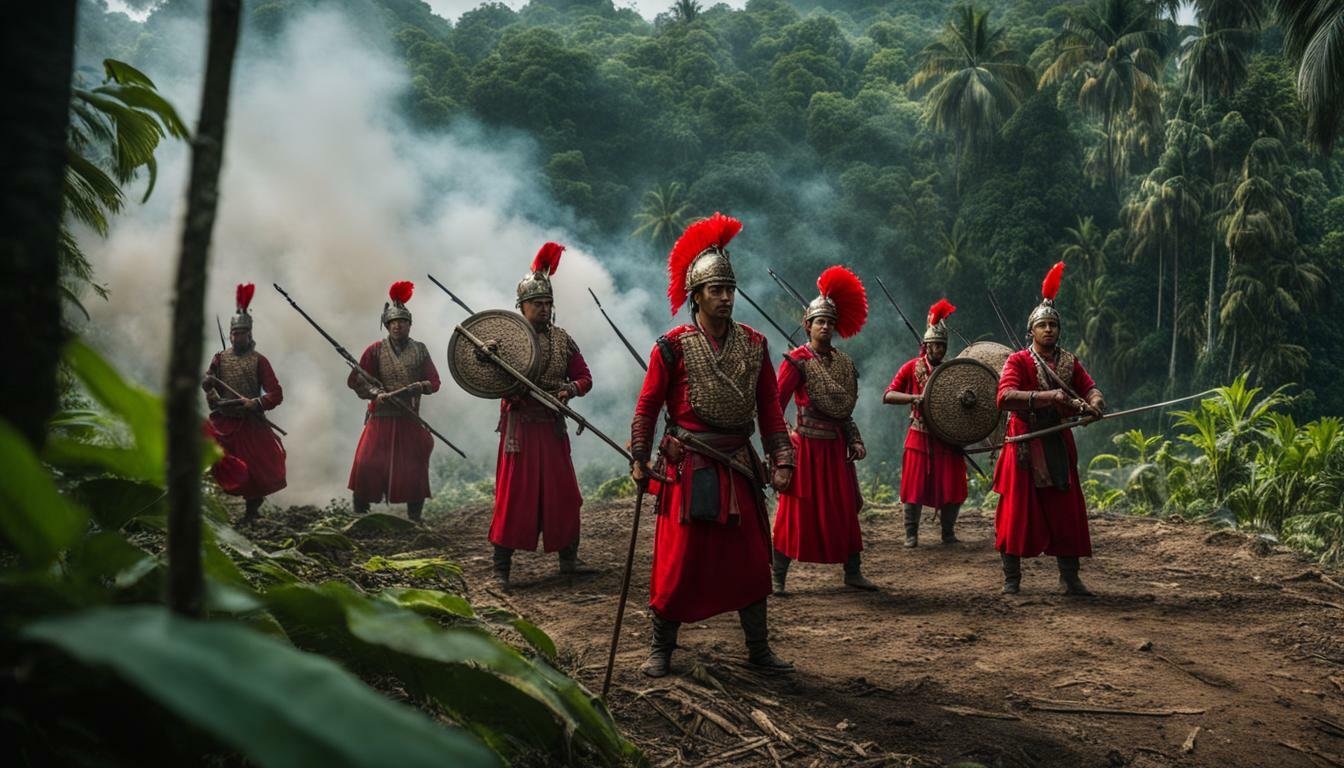The history of the Philippines is a saga of resilience, struggle, and the arduous journey from centuries of colonial subjugation to the assertion of its own national destiny. For over 300 years, the archipelago was a distant outpost of the Spanish Empire, and subsequently, after a brief, tumultuous period of revolutionary independence, it became a…
Tag: Philippine-American War
The Philippines: From Spanish Colony to American Territory
The narrative of the Philippines is a tapestry woven with threads of colonialism, revolution, and the complex interplay of global powers. For over three centuries, the archipelago existed as a Spanish Colony, its destiny largely dictated by the Crown in Madrid. This era, known as the Spanish Colonial Period, profoundly shaped the nation’s culture, religion,…
Philippine Revolution: Unearthing the Struggle for Independence
The Philippine Revolution stands as a monumental epoch in the nation’s history, a visceral and often brutal struggle for independence that fundamentally shaped the identity of the Filipino people. After over three centuries of Spanish Colonialism, discontent simmered beneath the surface, fueled by systemic injustices, economic exploitation, and the overreach of power, particularly concerning Friar…
Battle of Manila Bay: Key Facts and Outcomes
The dawn of May 1, 1898, broke over the calm waters of Manila Bay, forever altering the course of Philippine History and marking a decisive moment in the unfolding Spanish-American War. What transpired that morning was not just a naval engagement; it was a strategic victory that dismantled Spain’s centuries-old colonial hold on the Philippines…
The Spanish-American War: A Pivotal Event in History
he tapestry of Philippine History is rich with narratives of struggle, resistance, and shifting allegiances. Among the most significant chapters is The Spanish-American War, a seemingly distant conflict that unexpectedly reshaped the destiny of the archipelago. More than just a footnote in the annals of global warfare, this confrontation between a declining European empire and…
Philippines’ Spanish Friars: A Legacy of Colonialism, Land Ownership and Philippine Haciendas
The arrival of the Spanish in the Philippines in the 16th century marked the beginning of over three centuries of profound transformation. While the Spanish Crown sought new territories and trade routes, the cross arrived alongside the sword. Spanish friars, representing various religious orders, became the vanguards of the colonizing force, extending their influence far…
Tribes, Wars, & Philippine Society
The narrative of Philippine Society is intrinsically linked to the stories of its diverse tribes and the numerous wars and conflicts that have scarred its landscape and shaped its identity over centuries. From the intricate social structures of pre-colonial Indigenous peoples of the Philippines to the prolonged struggles against foreign invaders and the internal strife…
Uncovering the Historic Truth: The Siege of Baler
The twilight of the 19th century marked a period of seismic change in the Philippines. After over three centuries of Spanish colonial rule, the simmering embers of Filipino nationalism ignited into the full-blown Philippine Revolution. As this struggle for Philippine independence raged, a new global power, the United States, entered the scene, leading to the…
Emilio Aguinaldo: Leader of the Philippine Revolution
Emilio Aguinaldo y Famy stands as one of the most significant and often debated figures in Philippine history. His name is inextricably linked to the struggle for Philippine independence, a tumultuous period marked by heroic sacrifices, profound betrayals, and the birth of a nation. As the foremost Leader of the Philippine Revolution against Spanish dominion…
Pulahan War Explained
The annals of Philippine history are rich with stories of resistance against colonial powers. While the main narrative often focuses on the Katipunan’s revolution against Spain or the broader Philippine-American War, numerous regional conflicts and uprisings reveal the depth and complexity of the Filipino struggle for autonomy and identity. Among these often-overlooked chapters is the…

